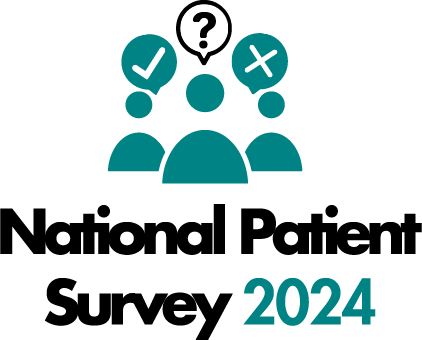 Our National Patient Survey 2024 report is now live. Thank you to all those that shared their experiences. Read our report here.
Our National Patient Survey 2024 report is now live. Thank you to all those that shared their experiences. Read our report here.Fertility treatment continues to become safer as number of incidents fall in UK clinics
Fertility treatment is becoming safer year on year, with the quality of care improving across UK clinics, according to the fertility regulator’s annual compliance report.
The HFEA’s State of the Sector report shows that over 94 inspections, carried out between April 2019 and March 2020, found fewer non-compliances in clinics, with the sector reporting a 12% decline in non-compliances compared to the previous year.
With around 80,000 treatment and storage cycles carried out across 106 licensed UK fertility clinics, the report’s findings highlight that the majority of treatment cycles are carried out without any problems, as incidents fell from 606 to 562 within a year.
Sally Cheshire CBE, Chair of the HFEA, said:
“I’m pleased that overall performance across the UK fertility sector is good and clinics are continuing to improve.
“Despite more treatments taking place over the years, the number of incidents remains low at only 0.7% per treatment cycle. However as in any clinical setting mistakes can happen, and if they do, they are investigated swiftly, and any learning is shared with the wider sector to continuously improve patient care, as we understand every mistake is one too many.”
While the overall number of incidents fell, with improvements especially visible in the grade C and grade B categories, there were two grade A incidents reported during the year, which are the most serious. As part of the HFEA’s commitment to open, honest and constructive regulation, information about incidents is regularly published to encourage learning across the sector to reduce the chance of them happening again.
Sally continued:
“While this report covers the period before the peak of the COVID-19 pandemic, I’m confident that sector performance will continue to improve with the careful and detailed additional procedures clinics have put in place to keep patients and clinic staff safe.
"In recent months, our sector has faced considerable challenges, but we have worked closely with clinics to reopen treatment services and ensure high quality care continues to be provided to patients. We have adapted our inspection processes to minimise on-site visits whilst still conducting thorough inspections in the interests of clinic staff and patient safety.”
Review date: 30 November 2022

